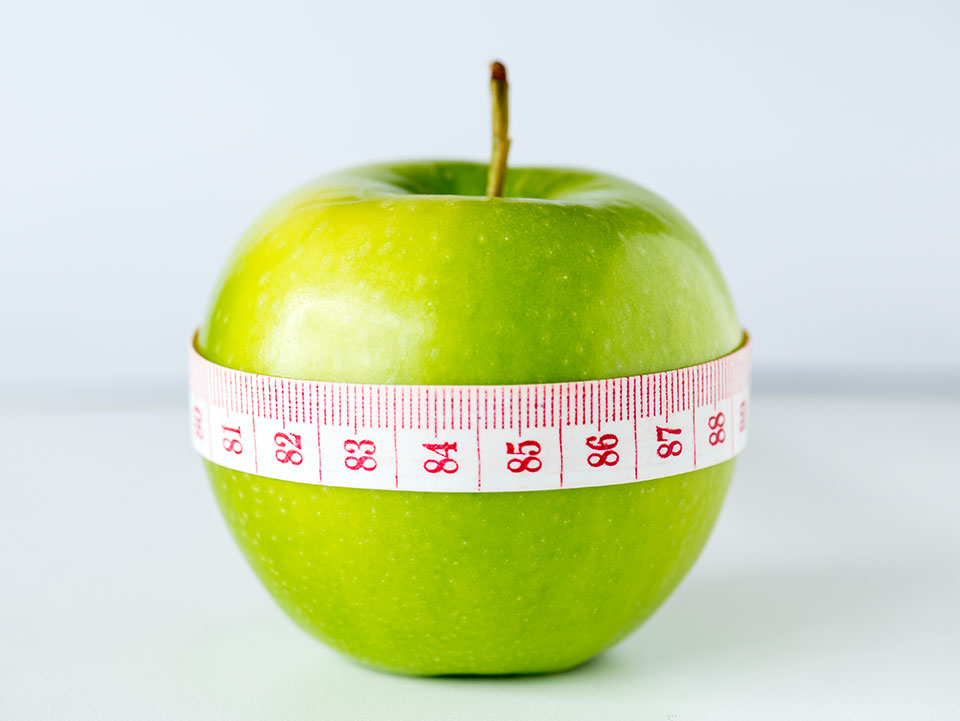
Understanding Weight Loss As a Diabetes Management Strategy
September 7, 2022
Digital Sclerosis: Common Diabetic Skin Conditions| Diabetes Under Control
September 7, 2022Diabetes is known to be a chronic metabolic syndrome disorder, which cannot be cured with treatment. However, bariatric surgery, which is a form of weight loss surgery, is often described as a cure for diabetes. While bariatric surgery is not a universal diabetes cure, it can help reverse diabetes under certain circumstances. It is important for patients to understand these circumstances, as well as the extent to which the procedure can help, and most importantly, the risks associated with bariatric surgery.
Efficacy Of Bariatric Surgery For Diabetes
Studies suggest that more than half of all diabetes patients also suffer from obesity, which is a known risk factor for type 2 diabetes and can also increase the risk of complications. This is why doctors typically advise patients with diabetes to lose excess weight and maintain healthy body weight.
In some cases, bariatric surgery may be a viable weight loss procedure and it should not be dismissed as a quick fix or an alternative to diet and lifestyle changes. Bariatric surgery can include a variety of procedures that are increasingly recognized as an effective strategy to fight diabetes.
These procedures are not to be confused with liposuction, but instead involve changes to the stomach and digestive system aimed at increasing the sensation of fulness. This makes it easier for patients to limit food intake and lose weight.
The surgical procedures can also change hormonal levels that are responsible for appetite regulation, as well as fat metabolism, making it an effective remedy for some patients. There is a growing body of evidence, which shows that bariatric surgery can reverse diabetes in some patients through better weight loss and blood sugar control.
Bariatric surgery can also lower the risk of complications associated with obesity and diabetes as it is associated with improvements in cholesterol and blood pressure levels, and kidney function.
Are You A Candidate For Bariatric Surgery For Diabetes?

Despite the efficacy of bariatric surgery for diabetes reversal or treatment, it is not recommended for all diabetes patients. Guidelines from most international diabetes organizations suggest that bariatric surgery should be considered as option in the following cases:
- Diabetes patients with class III or high-risk obesity (BMI equal or greater than 40), irrespective of the status of glycemic control
- Diabetes patients with class II or moderate-risk obesity (BMI between 35 to 39.9), wherein diabetes is not controlled effectively even though treatment and lifestyle changes have been adopted
- Diabetes patients with class I or low-risk obesity (BMI between 30 to 34.9) and poorly controlled blood sugar even though receiving proper treatment
Recognizing The Risks Of Bariatric Surgery
Bariatric surgery does pose several risks, as is true of most surgical procedures. Your doctors will be able to best decide if the benefits outweigh the risks, but the final decision will be up to the patient or caregivers. The main bariatric surgery risks include:
- Secondary infections from the procedure
- Inflammation of the abdominal lining
- Adverse reactions to anaesthetics
- Gastrointestinal tract leakage
- Dumping syndrome, which can cause abdominal pain and vomiting, as food travels through the tract to reach the small intestine too fast
If you believe that you would benefit from bariatric surgery and are a viable candidate for the procedure, discuss your options with your regular team of doctors before looking for a bariatric surgeon or bariatric surgery centre.




